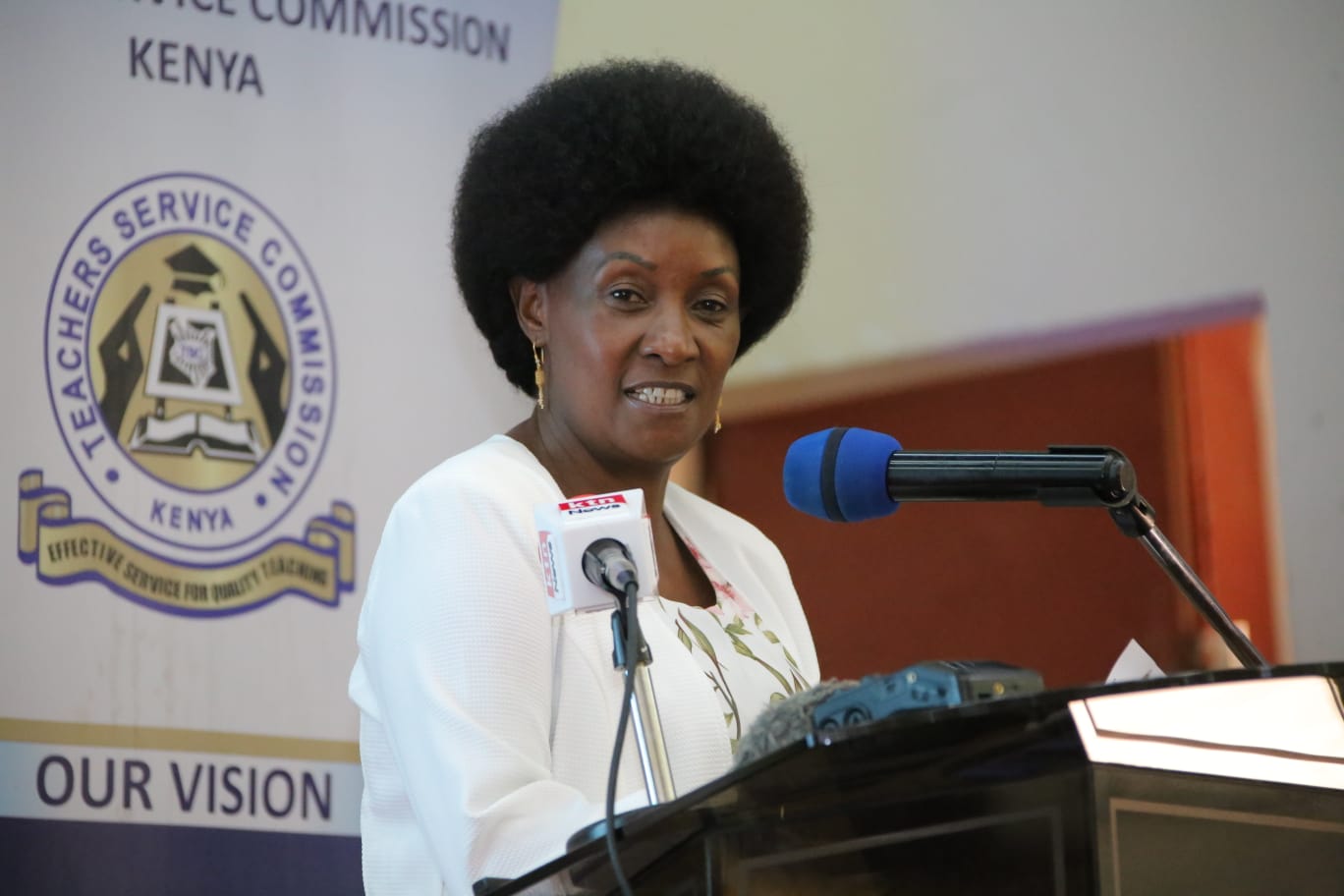
Kenya to Export Teachers Abroad Under New TSC Policy
The Teachers Service Commission (TSC) has unveiled a policy framework to facilitate the deployment of 354,234 unemployed Kenyan teachers to international teaching roles. TSC CEO Dr. Nancy Macharia announced that 17 countries, including the USA, Germany, Canada, China, and Qatar, have expressed demand for Kenyan teachers.
The framework responds to a high demand for Kenyan educators, particularly those teaching English, Kiswahili, special needs education, and Islamic religious education. Key target markets include the USA, Germany, and Ireland for English teachers; South Africa for Kiswahili; and Middle Eastern nations for specialized education roles.
Stringent Eligibility Criteria
To qualify, teachers must:
- Be Kenyan citizens and registered with the TSC.
- Hold a degree, diploma, or certificate in education from a recognized institution.
- Meet constitutional requirements and additional host-country specifications, including language proficiency and professional certifications.
Selected teachers will undergo orientation on areas such as security, cultural sensitivity, and host-country educational practices. They will also sign standard contracts outlining salaries, benefits, and repatriation terms.
Policy Implementation and Challenges
The TSC will collaborate with the Ministries of Foreign Affairs and Labour to ensure effective implementation of the program. While employed TSC teachers must resign to take up international roles, their positions will be backfilled to prevent disruptions in local schools.
Critics have questioned why the government isn’t addressing the domestic teacher shortage, which persists despite high unemployment among graduates. Recent recruitment efforts underscored this gap, with 314,117 applicants vying for just 46,000 positions in October 2024.
Broader Implications
The policy seeks to enhance teachers’ professional growth through exposure to diverse educational systems while contributing to Kenya’s foreign exchange earnings through remittances. An updated database will match teachers to international roles, with ongoing feedback mechanisms to refine the process.
While international opportunities offer potential, concerns remain over the working conditions in some host countries, particularly in the Middle East. Critics urge the government to prioritize local job creation to address Kenya’s chronic teacher shortages and unemployment rates.
President William Ruto’s administration has identified labour migration as a key job creation strategy, despite the mixed reception to its effectiveness in addressing domestic employment challenges.
